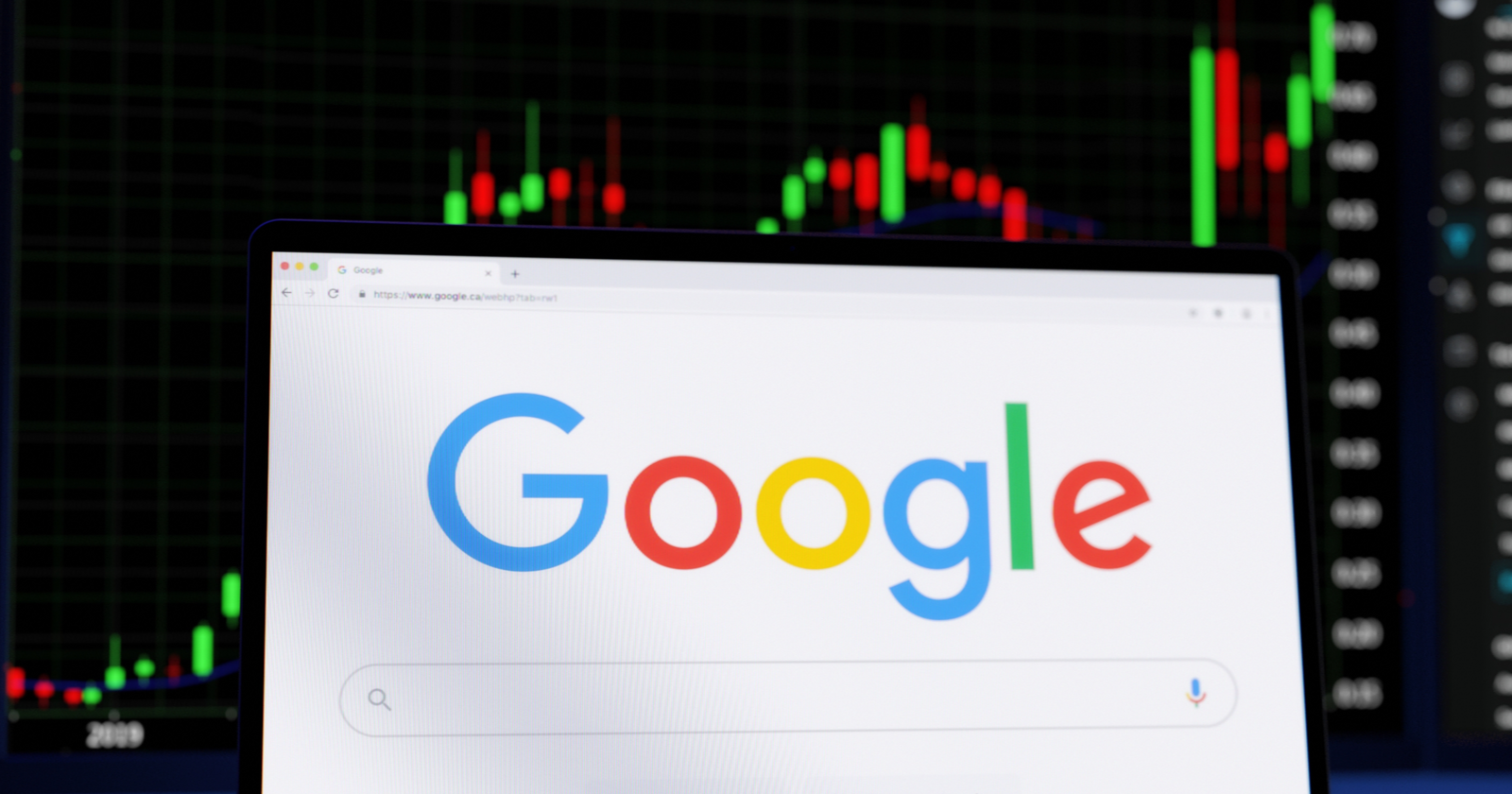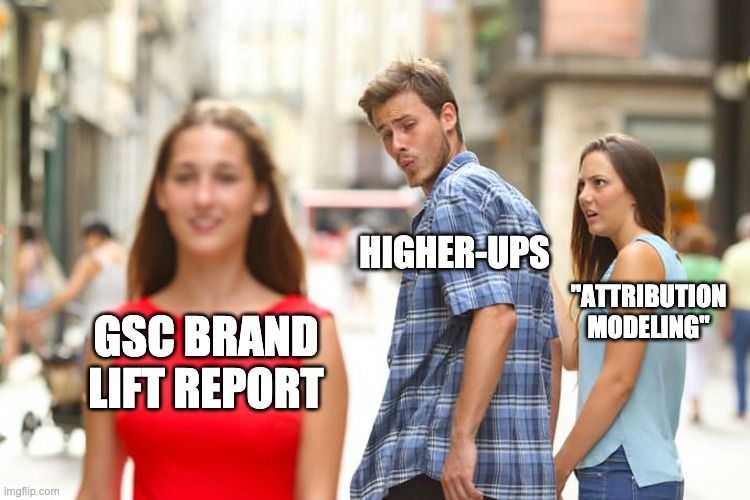This essay originally appeared in CT No. 120: Unstop, which was sent to all email subscribers on April 28, 2022.
One of the very first lessons in SEO involves understanding meta title tags. These tiny pieces of text that don't make it to the page copy hold direct sway over your ranking in Google to this day. Even optimization newbies know to customize their title tags: Include that phrase you want to page the rank for in the title and you're on your way to Google success!
If you've never heard of a meta title tag before, it's the 55-65 characters that users see as the blue text in search results,
For more than a decade, Google pulled the title tag directly from whatever was set in the <meta title=""> code. Whatever you wrote in the meta title, Google displayed, even as it revised your meta descriptions and pulled feature snippets out of context.
However, in 2021, SEO professionals noticed that Google was rewriting meta title tags. Google confirmed this change in August 2021, noting that its machine learning was focusing on replacing spammy title text with the more accurate on-page headings.
So should you change your title tag optimization process? Perhaps, if you're still following these title tag conventions. Google and research recommends that you avoid:
- Stuffing too many keywords into the title tag, separated by pipes
Ex. of a bad title tag: Content strategy newsletter | Content design | UX strategy | Publishing | Media | Software - Writing overly long or short title tags, so more than 65 or less than 45 characters
- Writing title tags that are radically different than the text on the page
- Avoid brackets and parentheses in title tags unless absolutely necessary
- End the practice of overusing superlatives in title tags, i.e. "The best notebooks" or "The top 20 kittens"
To write good title tags, follow these steps:
- Keep 'em 50-60 characters.
- Use a title tag descriptive of content on the page.
- Customize title tags when you're able.
- For all pages except the homepage, include your brand name after the title tag if you can fit it.
- On your homepage, list your brand name first in the title tag.
- Remember that Google search isn't the only application that uses title tags. If you haven't customized open graph text on a particular page, title tags also appear in social media and website link previews.
In my opinion, title tags in SEO are like commas in copy editing. Yes, they matter, but they don't have as much impact as more advanced form and content matters, like the syntax and language used on a page, page flow and content strategy how those pages link and connect to other pages.
An old adage I live by: if you've edited something and all you've found wrong is commas, then you've missed the giant factual error in the middle of the piece. Likewise, if you're SEO auditing and all you've found wrong are title tags, you're probably missing the big picture.
Nevertheless! Title tags, like commas, still matter, and Google will replace titles if it doesn't like them. But unless Google's change makes your page-level clickthrough rate decline, I wouldn't be too upset about the automated changes. In this case big Goog is trying to help.
More resources on title tags in 2022 and my sources for this brief overview:




Hand-picked related content









